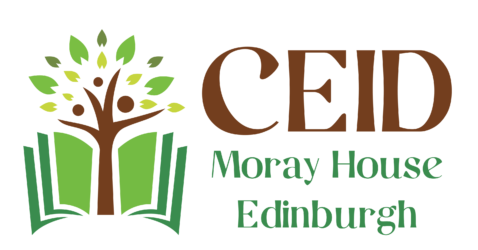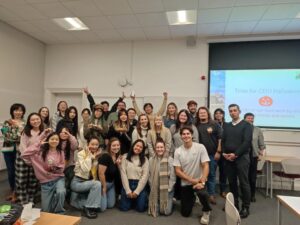Learn More about the MSc CEID from the Programme Director
MSc CEID Cohort 2024-2025
Programme Aims and Objectives
The MSc CEID programme explores the topics and debates in the field of Comparative and International Education with the opportunity to develop individual interests within an array of subfields including International Development, Policy and Politics, and Higher Education. Grounded in a social justice perspective, the MSc CEID programme draws from multiple disciplines including sociology, anthropology, human geography, and political science.
The overarching objective of the MSc CEID programme is to develop students as critical and reflexive researchers and practitioners equipped with the mindsets, skills and confidence to engage with some of the largest challenges in education and international development and open to multiple perspectives, with a sensitivity towards and understanding of diversity, and engaging in collaborative, reflective practice.
Specific sub-aims of the programme include:
- Developing students’ ability to evaluate the challenges of applying theory in practice and the debates around global local nexus.
- Developing students’ ability to identify and interrogate the main theories and
perspectives in comparative education and international development and critically engage with their underlying assumptions. - Developing students’ mindset toward context and cultural sensitivity by expanding their awareness of how a variety of contexts shape educational policies, practices, and outcomes and how this complexity requires a nuanced approach to understanding.
- Developing students’ capacity to critically reflect on their own perspectives and experiences and how these influence their understanding of education and international development.
- Developing students’ practical skills through the completion of applied activities and assessments and exposure to the broader Comparative Education and International Development Community at, and beyond, the university.
Preparing for the Programme
Be a community member – as a MSc CEID student you play a key role in shaping the CEID Community. Be active, be creative, be collaborative, as we work together to make this a community you can be proud of and call home.
Be proactive – this is your year, make the most of it. Students get the most when they are not just a passive absorber of information but actively engage in courses and opportunities. This includes reaching out with questions.
Be confident – you were admitted into this programme because we saw the promise in you. We believe you can succeed this year. Be confident in yourself and your experiences. You deserve to be here.
Be prepared – come to courses prepared. For each course you are likely to have 2-3 articles or chapters to read per week with, potentially, other activities that need to be completed prior to attending class. Engaging with the pre-class material each week does not mean you have a perfect understanding of the content, but it does mean you come to class ready to ask questions and contribute to the discussion.
Be critical – ask questions, wonder, question assumptions. Being critical is an important characteristic of an academic. Consider when an argument does or does not make sense. What is the evidence? Think about the nuances.
Communicate – this includes both proactively communicating with workshop leaders and faculty with questions and being responsive to communication from faculty. Students should be checking their university email every day.
For additional information:
To visit the MSc CEID Programme website and apply please click here
To view a recent MSc CEID Programme Handbook click here
To review abstracts of prior CEID student MSc dissertations click here
For further questions, please contact the program administrator at:
MHSES.CEID@ed.ac.uk


